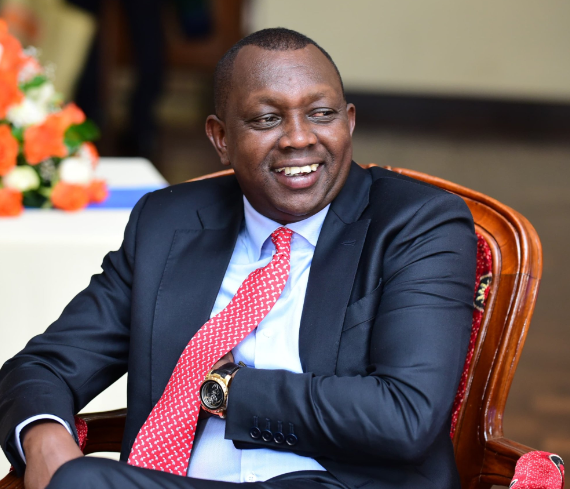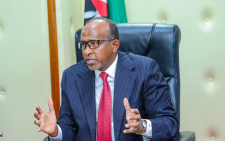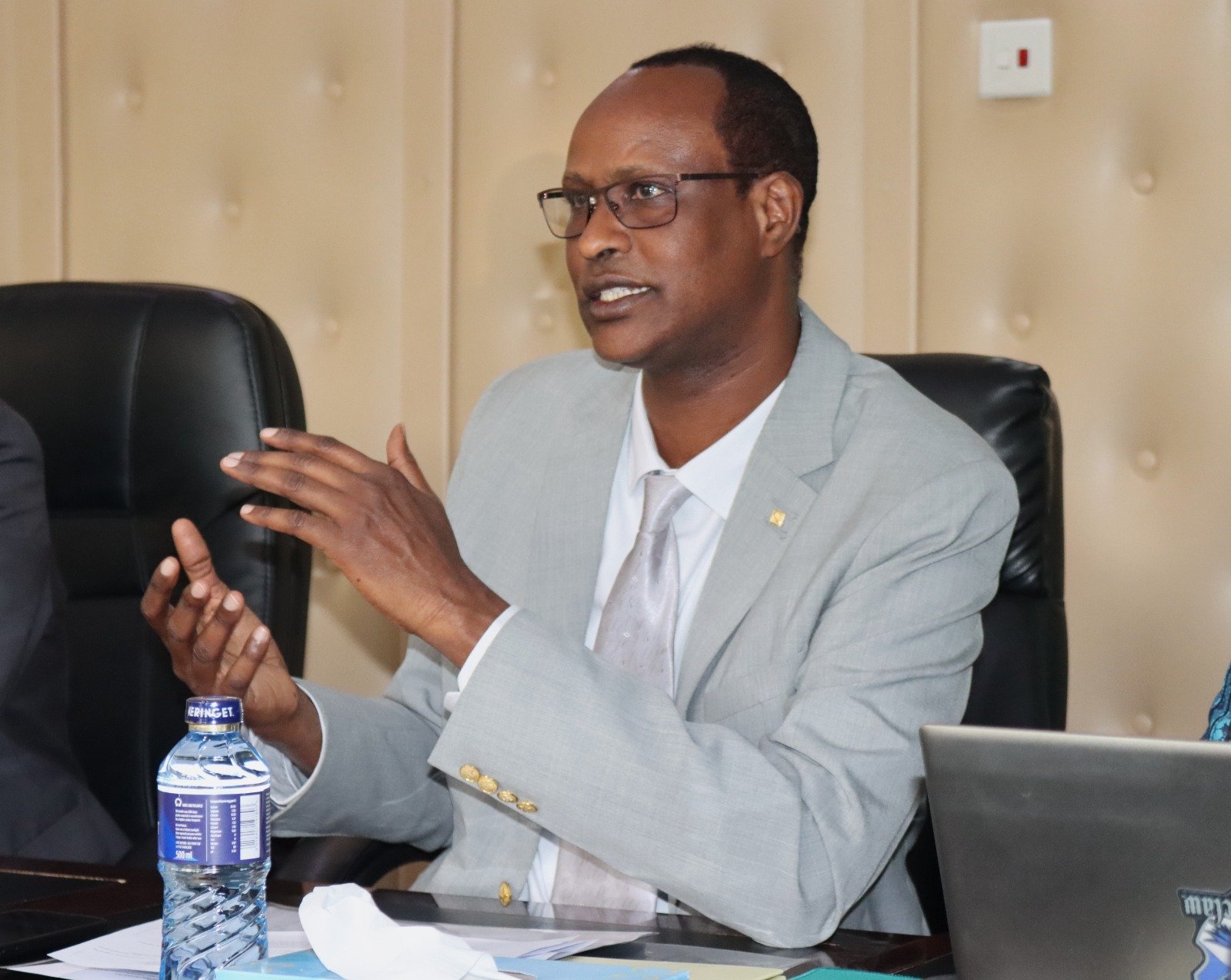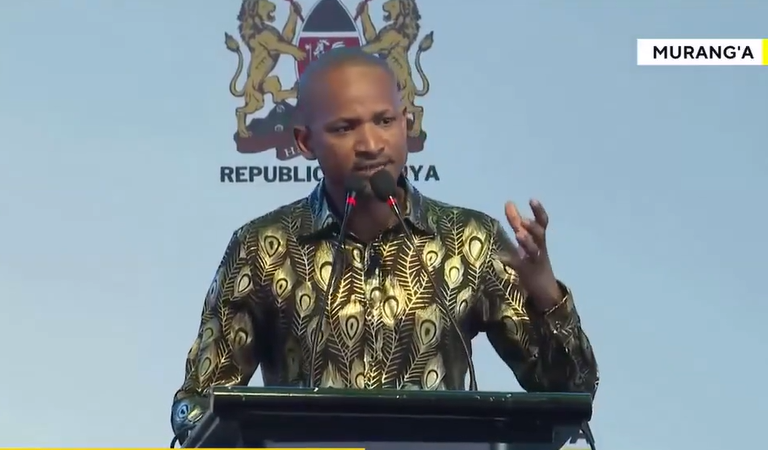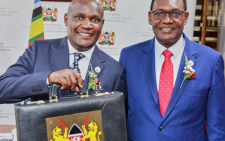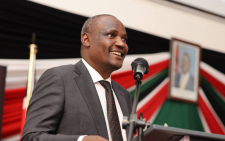WB sees $12b support to Kenya over next 3 years

World Bank has announced a commitment to disburse over $12 billion (Sh1.8 trillion) over the next three years in a sigh of relief for a country facing serious financial challenges.
The move comes just four days after the International Monetary Fund (IMF) pledged a loan of Sh162 billion to Kenya.
These financial injections are expected to help the country navigate its financial challenges and ease the burden of upcoming debt repayments, particularly the 2024 and 2027 Eurobond payments.
World Bank’s move is a strategic response to Kenya’s ongoing economic challenges, providing much-needed relief and assisting in lowering the country’s overall cost of borrowing. With the IMF and World Bank support, Kenya is poised to bolster its financial position and enhance its capacity to meet debt obligations, thereby fostering economic resilience.
“So subject to the World Bank directors’ approval of new operations and to factors which may affect the bank’s lending capacity, this applies to a total financial package of $12 billion over the next three years,” said the World Bank in a press statement. The bank says that Kenya is now accessing $2 billion in funding every year and $4.4 billion is available to disburse. One of the imminent challenges facing Kenya is a substantial payment of over $2 billion (Sh300 billion) due next year.
This payment is likely to put pressure on the country’s reserves, which currently stand at $6.8 billion. Analysts predict that this significant outflow could potentially reduce Kenya’s foreign exchange reserves by $2 billion, necessitating careful financial management to maintain stability. Kenya’s exclusion from the international bond market due to high interest rates has further complicated its financial landscape.
The World Bank’s commitment comes at a crucial time, offering a lifeline to a nation grappling with escalating debt levels. Kenya’s public debt stood at Sh10.5 trillion in September this year, a notable increase from Sh8.5 trillion in May last year.
The injection of funds from international institutions will play a crucial role in managing and servicing this mounting debt burden.
The financial support also provides Kenya with an opportunity to address issues affecting its access to the international bond market.
By leveraging these funds strategically, the government can work towards creating a more favorable environment for re-entry into the global financial market. While the financial injection is a welcome development, economic experts emphasise the importance of implementing structural reforms to address underlying issues contributing to Kenya’s debt challenges. Fiscal transparency, effective debt management, and measures to stimulate economic growth will be critical in ensuring the long-term success of the nation’s economic recovery efforts.
“Looking ahead, the World Bank is fully committed to supporting Kenya in its journey to become a middle income country 2030,” the lender said. Multilateral institutions including the World Bank, IMF, AFDB and others have come in handy for Kenya at a time when the international markets are nearly shut with countries such as Egypt trying out Chinese Panda bonds.
The World Bank’s pledge to disburse over Sh1.2 trillion comes as a timely boost for Kenya, offering a pathway to navigate impending debt obligations and fostering economic resilience. The challenge now lies in the effective utilisation of these funds to implement necessary reforms and set the stage for a more sustainable and robust economic future.


